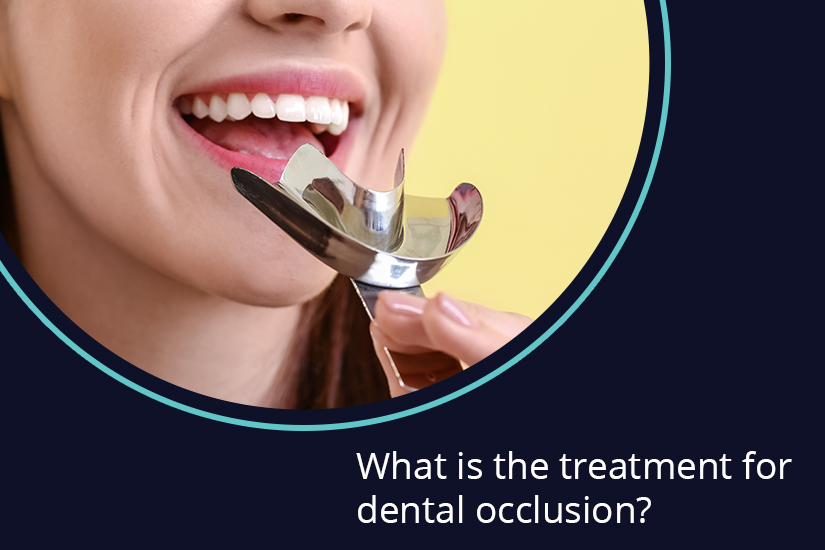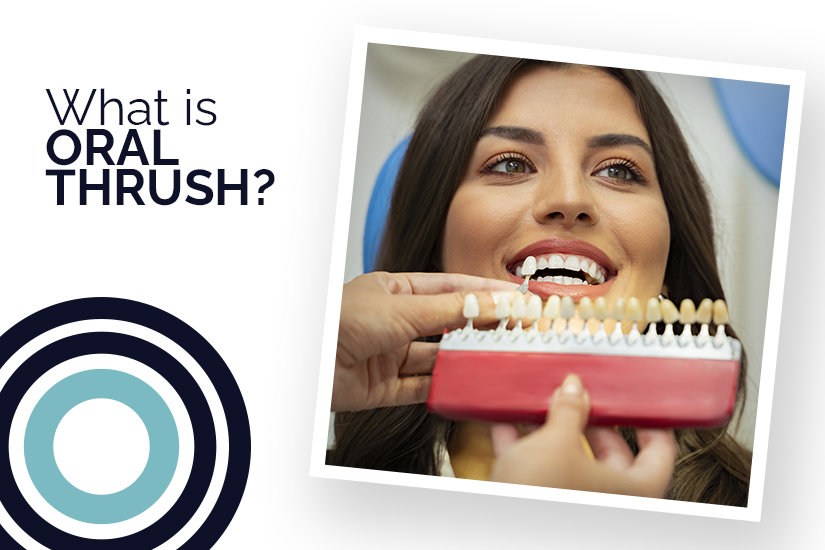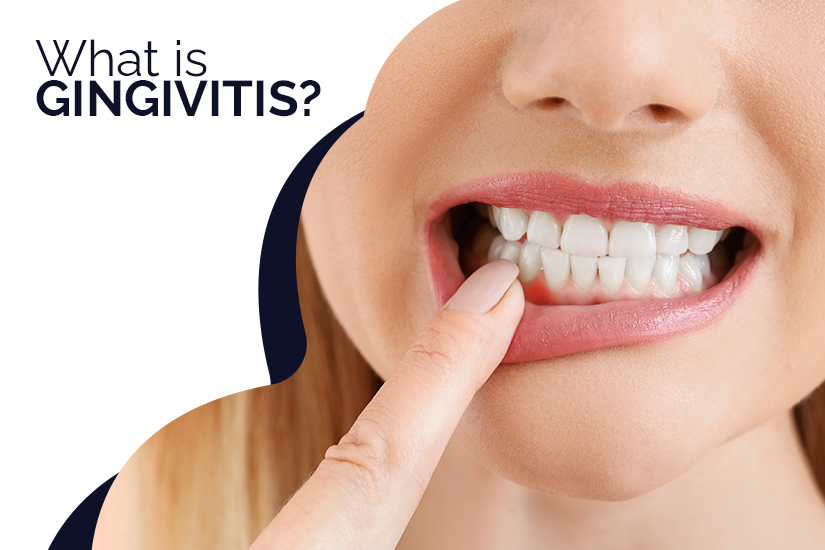
Tooth enamel erosion and restoration
The enamel is the thin outer tooth layer and hardest tissue in the body covering the crown (the visible part of the tooth outside the gums). The enamel is translucent, so light passes through it, but the main part of the tooth, called dentin, gives the tooth its colour.
The dentin could be white, yellowish, off white or grey. Food and drinks such as fruit juices, cola, red wine, coffee, tea and even cigarettes can stain the teeth. With an excellent dental hygiene routine and visits to the dentist for regular teeth cleaning and polishing, you can get rid of surface stains and keep your teeth healthy.
What causes enamel erosion?
Tooth erosion occurs when acids etch the enamel on the teeth. It may result from the following;
- Fruits drinks – fruits drinks contain some acids that are more erosive than acid found in batteries, and this can wear off the enamel
- Excessive intake of soft drinks containing citric and phosphoric acid. Both harmful and beneficial bacteria live in the mouth, and they survive on sugar. When they act on sugar, they produce acids that wear away the enamel,which may worsen if you don’t have good oral hygiene
- Low saliva flow or dry mouth (xerostomia) – saliva production helps prevent tooth decay by washing off leftover food and bacteria in the mouth. It also balances the acid levels in the mouth
- Gastrointestinal problems
- Medications such as vitamin c, aspirin and antihistamines
- Some health conditions such as acid reflux disease (GERD) or heartburn cause stomach acid to enter the mouth, causing damage to the enamel
- A diet containing high levels of starch and sugar
- Sour candies or foods
- Genetics
- Environmental factors such as stress, corrosion, friction, wear and tear
- Alcohol misuse or binge drinking leads to vomiting, which exposes the teeth to harsh acids
What are the signs of enamel erosion?
Enamel erosion has several signs, depending on its stage. These signs include:
- Sensitivity
Hot, cold, and sweet foods may cause pain in the early stages of enamel erosion.
- Discolouration
When the enamel wears off, it exposes the dentin, making the teeth appear yellow.
- Chips and cracks
Enamel erosion leaves the teeth edges looking jagged, irregular, and rough.
- Smooth and shiny teeth surfaces
Mineral loss from the teeth may make the teeth surface appear smooth and shiny.
- Cupping
Noticing indentations on the teeth surface when you chew or bite down may indicate enamel erosion.
Enamel erosion makes the teeth prone to decay or cavities. When the enamel gets decayed, the dentin and other parts of the teeth may also get decayed. Although small cavities do not cause problems, as the cavities grow and enter the inner part of the tooth, they may affect nerve fibres, causing extreme pain and infection.
How to prevent enamel loss
If you want healthy teeth that are also free from enamel erosion, ensure you maintain a good oral hygiene routine that involves flossing, using fluoride and antiseptic mouthwash, brushing your teeth, and visiting your dental professional at least two times a year for cleaning and check-up.
The following can also help you prevent enamel erosion;
- Limit highly acidic drinks and foods such as lemons and other citrus fruits or juices, and carbonated sodas
- If you want to take acidic foods or drinks, have them during meals to ease their effect on your enamel. You can also take low-acid orange juices and rinse your mouth with clean water after taking something acidic
- When taking an acidic drink, use a straw to push the liquid to the back of your throat
- Drink a lot of water during the day if you have a dry mouth or low saliva production
- Consult your dentist to get a sealant that prevents enamel erosion and tooth decay
- Use a soft toothbrush and brush your teeth gently. If you want to brush after taking something acidic, wait for at least one hour for the teeth surface to remineralisebecause the acid softens the enamel, making it more susceptible to damage from a toothbrush
- Chew sugar-free gum between meals to help boost saliva production, and saliva strengthens the teeth with essential nutrients. Ensure the gum is sugar-free and contains xylitol to reduce acids in foods and beverages
- Limit snacking because snacking throughout the day increases the risk of tooth decay. The mouth is more acidic for a few hours after eating foods high in starch and sugar
- Use fluoride toothpaste because fluoride helps to strengthen the teeth
- If you have conditions like GERD or alcoholism, visit the right healthcare professional for treatment
Treatment for tooth enamel loss
The treatment for tooth enamel loss depends on the cause of the problem. Your dentist may recommend tooth bonding to protect the teeth and improve your appearance. If the enamel loss is much, your dentist may recommend covering the tooth with a veneer or crown to protect your tooth from decay.
You can visit Smile Clinic London today to get treatment and advice to stop your enamel erosion. Contact us now on 020 7139 8611 or to schedule an appointment with our dentist.
Recent Blog
Who is a prosthodontist?
Duis aute irure dolor in reprehenderit in voluptate velit esse cillum dolore eu fugiat nulla pariatur.
Read More....What you should know about composite bonding
Duis aute irure dolor in reprehenderit in voluptate velit esse cillum dolore eu fugiat nulla pariatur.
Read More....






